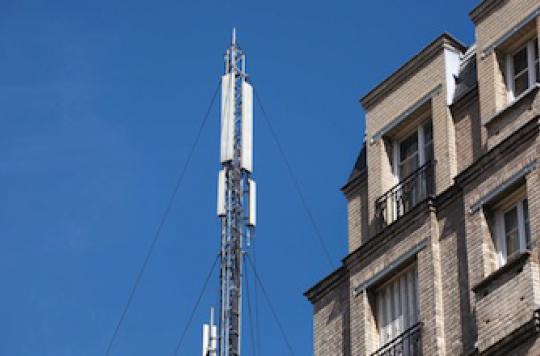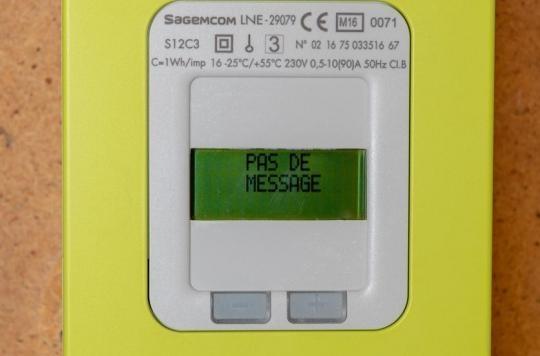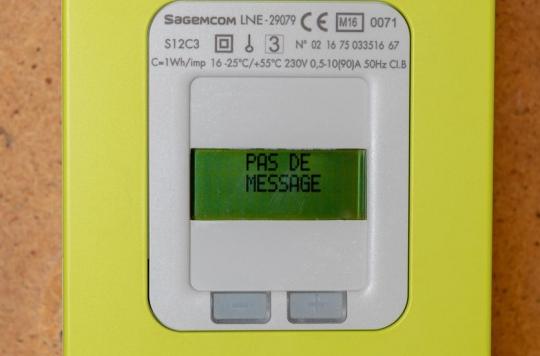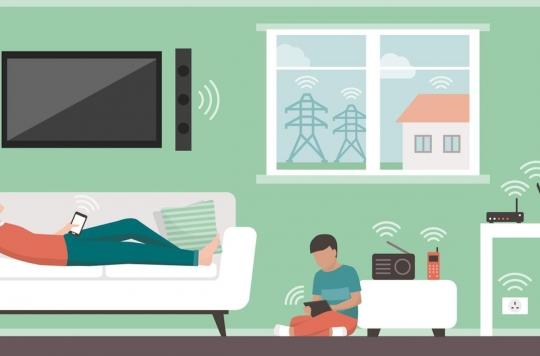It’s a first. French justice has recognized the existence of a serious handicap due to hypersensitivity to electromagnetic waves.

More than a year ago, financial assistance was granted to a man whose electrosensitivity had been recognized as a handicap. He had been able to buy equipment to protect himself. That day, it was in fact the first amicable agreement on the subject between an electro-sensitive and a specialized administration (Departmental House of disabled people of Essonne).
But this Tuesday, it is the French justice which, for the first time, recognizes the existence of a serious handicap due to hypersensitivity to electromagnetic waves. The announcement has just been made by the Robin des Toits association, which campaigns for health security in wireless technologies.
The “disabled adult” allowance awarded
A recent judgment of the “Toulouse Disability Litigation Tribunal” indeed admits, after medical expertise, that the complainant, Marine Richard, suffers from hypersensitivity syndrome to electromagnetic waves, including “the description of irrefutable clinical signs”.
In this judgment, it is estimated that his functional impairment is 85% “with substantial and lasting restriction for access to employment”. The French justice therefore decided to grant him, as a result, the right to a “disabled adult” allowance for three years, possibly renewable, in the form of technical assistance and adaptation of his home.
Asked by The Parisian, Etienne Cendrier, spokesperson forRobin des Toits association, believes that “this recognition by justice is a great first in France”.
As a reminder, Marine Richard, 39, lodged an appeal in April 2014 against a decision of the Ariège Commission for the Rights and Autonomy of People with Disabilities. This former journalist lives there recluse in the mountains because of her troubles that have lasted since 2010. These result in headaches, tingling, sleep disorders, etc.
France leads the survey on the airwaves
For its part, the medical community is still divided on electrosensitivity. If Sweden recognizes this pathology and considers it a handicap, in France, this is not the case, despite these two recent cases. However, a clinical study was launched in 2012 following the Grenelle des waves. And about twenty centers taking care of electrosensitive are participating in this study.
According to the latest ANSES report (1) on the subject, the radiofrequencies emitted by mobile phones and wifi boxes have no proven health effect, but the risk of long-term brain tumor could be increased in patients. intensive mobile users.
(1) The National Agency for Food, Environmental and Occupational Health Safety
.















